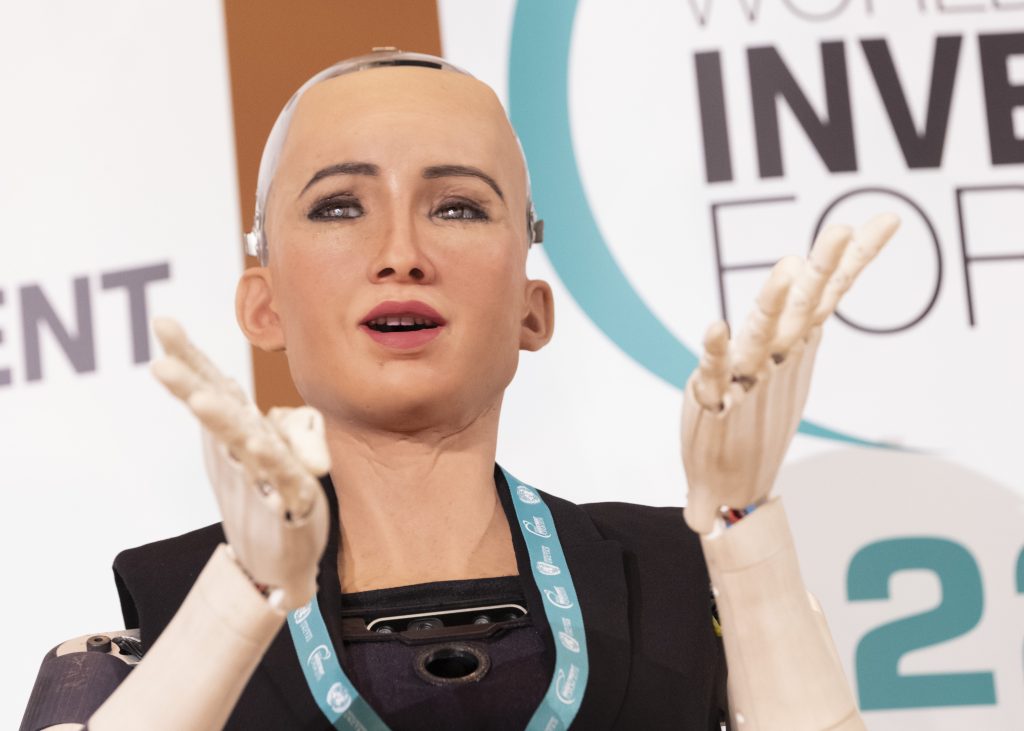I find it fascinating to think about where corporations might be headed, especially when I compare our contemporary world with the fictional examples from Blade Runner, Neuromancer, and Machinehood. These works present unsettling images of the future, but how far-fetched are they, really?
Take the Tyrell Corporation from Blade Runner, for example. Tyrell’s monopoly on bio-engineered humans, or replicants, creates a world where one company controls both life and technology without any real accountability. It’s a portrayal of unchecked corporate power that dehumanizes individuals for profit. When I look at some modern corporations, I can’t help but draw parallels—there are certainly times when profit seems to trump ethics, especially in cases where companies disregard the impact of their products or practices on people and the environment. The power dynamics feel eerily similar.
Then there’s the Tessier-Ashpool family from Neuromancer. They represent a corporate dynasty that wields technology and genetic engineering to consolidate power across generations. The Tessier-Ashpools blur the line between humanity and corporate control, introducing the concept of a transhumanist elite. I can’t ignore the parallel to today’s tech giants who hold significant influence over our lives and privacy. Companies like Google, Amazon, and Meta come to mind—they might not be splicing genes, but they are deeply embedded in our personal lives and have significant control over our data, the media we consume, and even our choices. It’s easy to imagine this concentration of power growing in the future if left unchecked.
The “pill funders” in Machinehood are another interesting example. These funders use biotechnology to enhance human abilities, controlling society through their grip on this technology. What strikes me here is how this setup could create a new elite, where only the wealthiest can afford the advancements that ensure continued dominance. In our world, I see glimpses of this in the rising biotech and AI industries, where those with financial access to cutting-edge healthcare and tech enhancements are likely to stay at the top.
When I think about the future, I do see echoes of these sci-fi worlds. But, honestly, I’m not sure we’ll fully get there. As much as technology is advancing, and as much as corporations are gaining power, society feels increasingly resistant to a monolithic, corporate-run future. Right now, people are highly divided, and there’s a lot of pushback against corporate influence. Movements around ethical AI, environmental responsibility, and data privacy suggest that many of us want to slow down or redirect these trends. So while I think there’s a realistic foundation to these dystopian predictions, whether we actually end up in that kind of future will likely depend on how society addresses these issues—and I’m not convinced we’re all willing to “mesh” with a world of corporate control.
In the end, I think these sci-fi portrayals are hyperbolic critiques grounded in real concerns. They show what might happen if we don’t think critically about the role of corporations and technology in our lives, but they’re also a reminder of the power we have to steer our society away from those extremes.








